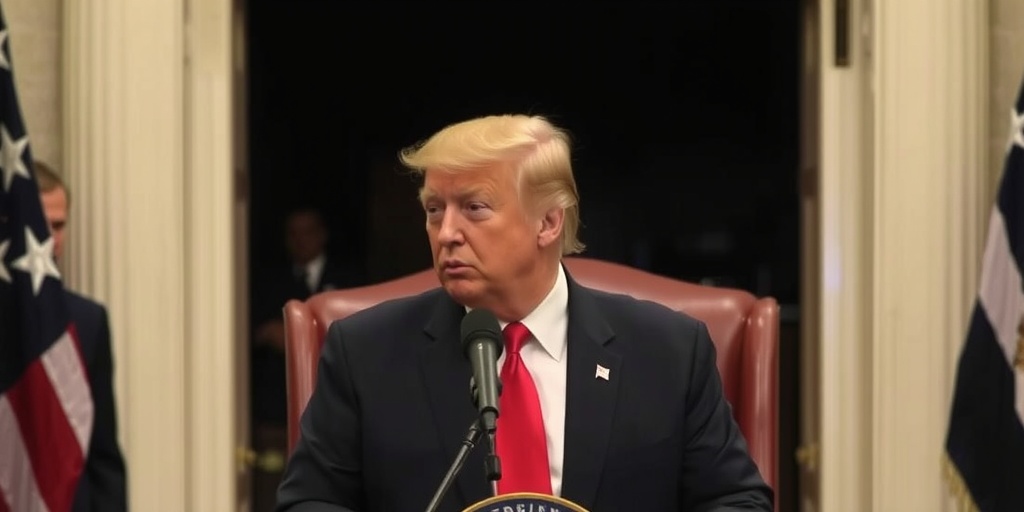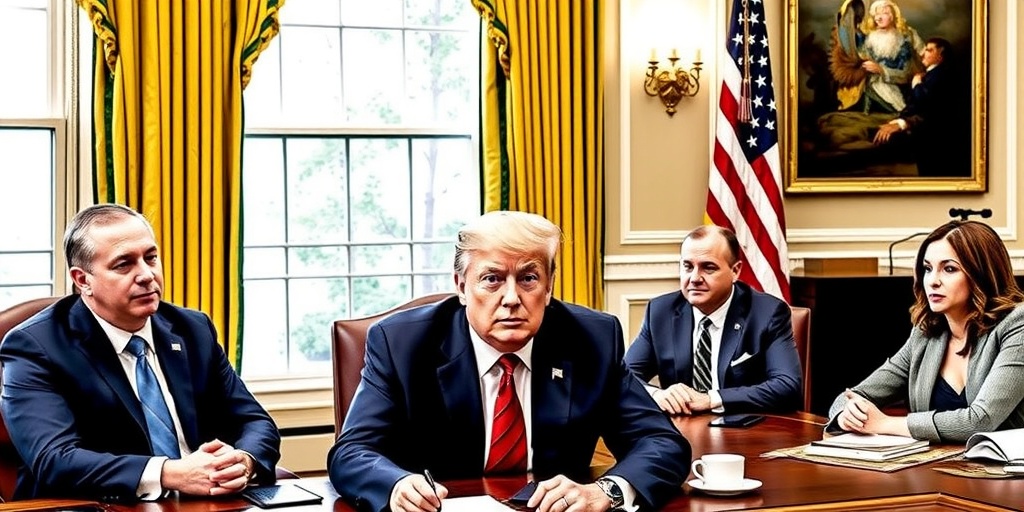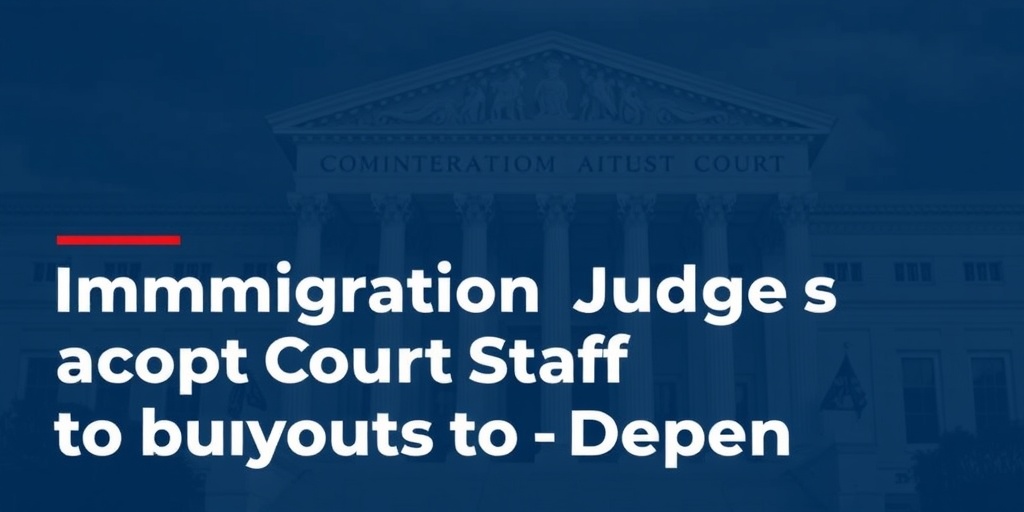Now Reading: Filibuster’s Future at Stake in Senate Budget Battle
-
01
Filibuster’s Future at Stake in Senate Budget Battle
Filibuster’s Future at Stake in Senate Budget Battle

Senate Republicans Challenge Filibuster with Budget Reconciliation Tactics
Senator John Thune, the Republican Majority Leader from South Dakota, has consistently highlighted the importance of preserving the Senate’s institutional integrity. Since taking on leadership in January, he has emphasized the filibuster as a cornerstone of the Senate’s role in safeguarding the founding principles of the United States. However, as Thune seeks to advance President Trump’s domestic policies, including an expansive tax cut plan, he finds himself and his party employing procedural maneuvers that bypass the filibuster. This strategy has raised alarm among lawmakers from both parties, resulting in hesitations surrounding the Republican budget strategy that may hinder proposed tax cuts and spending alterations.
Senator Lisa Murkowski of Alaska expressed concern about this approach, wondering whether it could potentially undermine the very mechanisms meant to uphold Senate decorum. Murkowski and a group of Republican senators called for a clearer understanding of how their budget tactics might affect their longstanding commitment to defending the filibuster.
The crux of the issue lies in the Republicans’ plan to utilize a complex legislative process known as budget reconciliation. This method, historically employed by both parties when in control of Congress and the presidency, allows legislation to avoid the traditional 60-vote threshold imposed by a filibuster. Instead, it permits passage with a simple majority. This year, Republicans aim to leverage this process to deliver substantial tax cuts, estimated to cost approximately $4 trillion over a decade.
While budget reconciliation is a powerful tool, it comes with strict rules that are intended to limit the legislation’s impact on the federal deficit. Traditionally, the Senate parliamentarian is tasked with interpreting these rules, ensuring compliance and eliminating any provisions that exceed their scope. Yet, this year, Senate Republicans are indicating they will preemptively circumvent the parliamentarian’s authority in crafting their tax plans, asserting their own interpretation of the budget rules.
This tactic allows the GOP to assert that extending tax cuts initially established in 2017—which are due to expire soon—will not incur additional costs, thereby claiming that such extensions cost nothing. Senator Jeff Merkley, the leading Democrat on the Budget Committee, countered this narrative, stating that the reconciliation bill as proposed by Republicans is in violation of established rules.
Some within the Republican party voice their concerns privately, questioning the underlying honesty of this maneuver. Despite this, Republican leaders maintain that their actions adhere to the legal framework underpinning budget legislation. Thune pointedly criticized Democrats for their earlier attempts to modify the filibuster, suggesting that their recent advocacy for its preservation is hypocritical.
Senator Lindsey Graham of South Carolina, serving as the chairman of the Budget Committee, reinforced the notion that the budget law provides him with the authority to determine fiscal baselines, claiming that extending the current tax cuts would incur no expense. He argued that tax cuts have historically contributed to increased revenue, although the extent of this claim’s validity varies among analysts.
Republicans have insisted that past Democratic leadership has employed similar budgetary tactics, with Thune dubbing their current strategy a standard legislative approach rather than an unusual gimmick. Democrats, however, who have managed the budget during prior administrations, dispute these assertions, insisting that their past reconciliation efforts had to demonstrate reductions in the budget deficit.
Kent Conrad, a former senator from North Dakota and a prominent Democratic figure on budget matters, criticized the current Republican stance, characterizing it as a distortion of fiscal reality. He remarked that every aspect of prior Democratic reconciliations was accounted for, asserting that the Republican rationale that extending tax cuts doesn’t add to deficits represents a significant misrepresentation.
As Democrats organize a procedural offensive against the Republican budget plan in fear of circumventing the parliamentarian’s authority, the GOP has carefully structured their proposal to eliminate an opportunity for challenges based on procedural grounds. This obfuscation could lead to significant clashes later in the year when Republicans might bring a tax bill for consideration, posing a risk that any failure could result in a comprehensive reassessment of their approaches or compel them to dismiss the parliamentarian entirely.
The potential outcomes of these maneuvers could set a precedent that drastically reduces the potency of the filibuster. Murkowski and other concerned senators warn that if either party can effortlessly embed its priorities into reconciliation bills and manipulate the rules, it would severely erode the Senate’s distinctive protections.
Murkowski summarized the stakes, declaring that the preservation of the filibuster is crucial for maintaining the Senate’s role in the legislative process. If the Senate no longer adheres to its own established rules—that the parliamentarian serves as an arbiter of those rules—she argued, the Senate risks losing the very protections that set it apart from the House of Representatives.
Stay Informed With the Latest & Most Important News
Previous Post
Next Post
-
 01New technology breakthrough has everyone talking right now
01New technology breakthrough has everyone talking right now -
 02Unbelievable life hack everyone needs to try today
02Unbelievable life hack everyone needs to try today -
 03Fascinating discovery found buried deep beneath the ocean
03Fascinating discovery found buried deep beneath the ocean -
 04Man invents genius device that solves everyday problems
04Man invents genius device that solves everyday problems -
 05Shocking discovery that changes what we know forever
05Shocking discovery that changes what we know forever -
 06Internet goes wild over celebrity’s unexpected fashion choice
06Internet goes wild over celebrity’s unexpected fashion choice -
 07Rare animal sighting stuns scientists and wildlife lovers
07Rare animal sighting stuns scientists and wildlife lovers





















